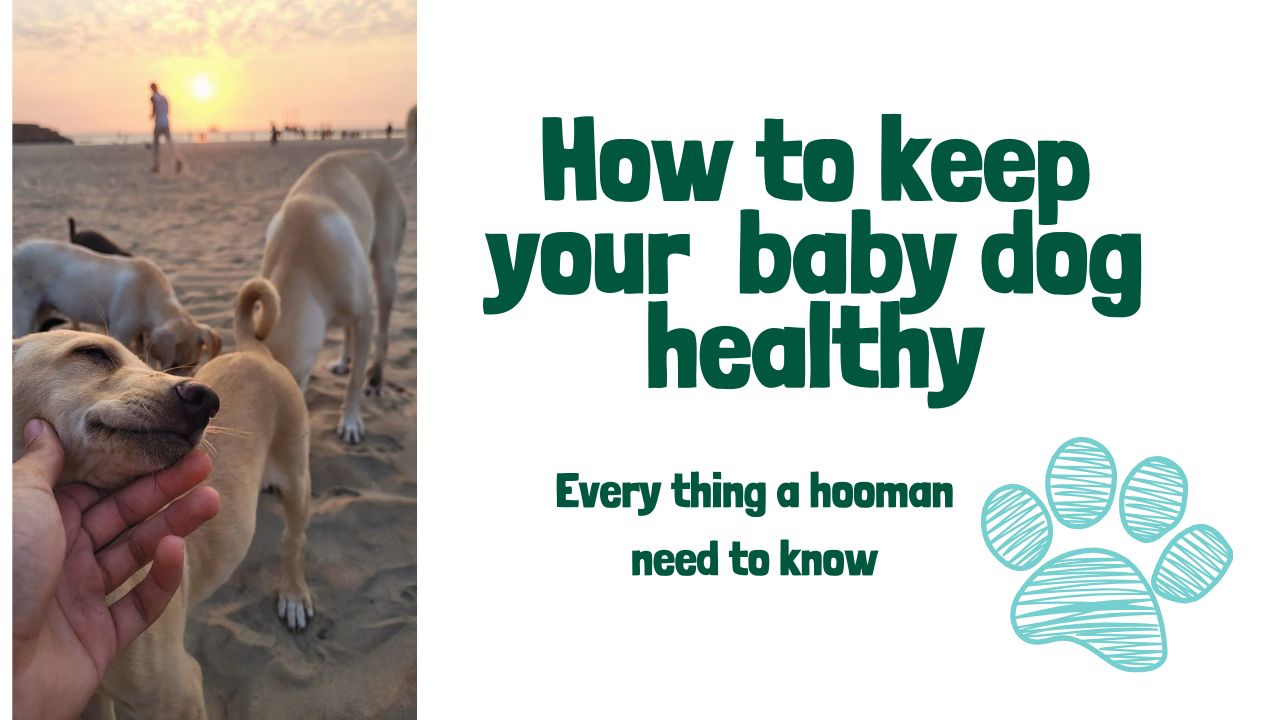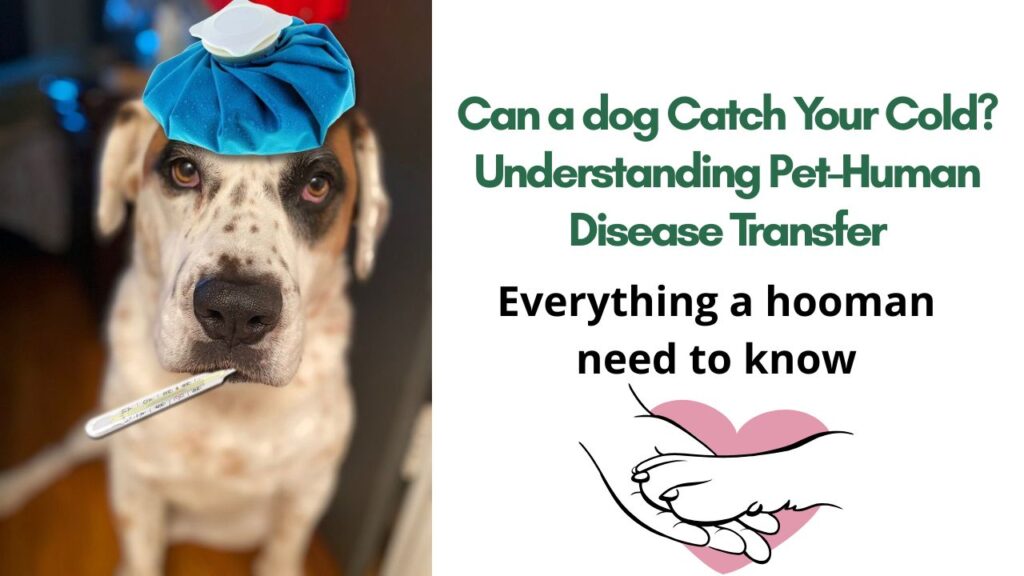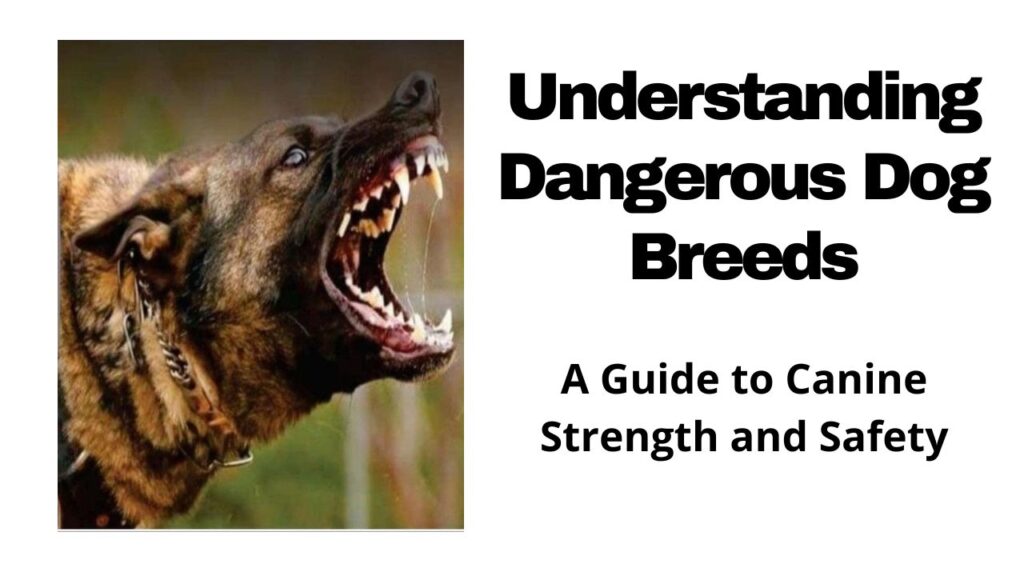Welcome to the Delightful World of Dogs!

As dog lovers, we all want our furry friends to live long, happy, and healthy lives. Just like us, dogs need a mix of good food, regular exercise, and plenty of love to thrive. In this article, we’ll explore common ways to keep your dog healthy, ensuring they enjoy every wag of their tail. Let’s dive into the essentials that contribute to your dog’s well-being!
Nutrition and Diet
Balanced Diet One of the most crucial aspects of keeping your dog healthy is providing a balanced diet. Dogs require a mix of proteins, carbohydrates, fats, vitamins, and minerals. High-quality commercial dog food often meets these needs, but it’s essential to choose one that suits your dog’s age, size, and activity level.
- Proteins: Look for meat as the first ingredient. Proteins are vital for muscle development and overall health.
- Carbohydrates: Ingredients like brown rice or sweet potatoes provide energy and aid digestion.
- Fats: Healthy fats from fish oil or chicken fat can improve skin and coat health.
Monitor Treats While treats can be a great way to reward your dog, they should be given in moderation. Too many treats can lead to obesity and other health issues. Aim for treats that are low in calories and high in nutrients.
- Homemade Treats: Consider making your own treats using wholesome ingredients. This way, you know exactly what your dog is consuming.
- Vegetable Snacks: Carrots or green beans can be excellent low-calorie snacks that many dogs enjoy.
Regular Exercise
Daily Activity Just like humans, dogs need regular exercise to stay fit and healthy. Aim for at least 30 minutes to two hours of activity each day, depending on your dog’s breed and energy level.
- Walks: Regular walks are essential for physical health and mental stimulation.
- Playtime: Engage in games like fetch or tug-of-war to keep them active while having fun.
Variety in Activities Mixing up activities can prevent boredom and keep your dog mentally stimulated.
- Dog Parks: Visiting a local dog park allows your dog to socialize while getting exercise.
- Agility Training: Consider enrolling your dog in agility classes for a fun way to exercise both their body and mind.
Routine Veterinary Care
Annual Check-ups Regular veterinary visits are crucial for maintaining your dog’s health. Annual check-ups help catch any potential issues early on.
- Vaccinations: Ensure your dog is up-to-date on vaccinations to protect against various diseases.
- Health Screenings: Regular screenings can help detect issues like heartworm or dental problems before they become serious.
Parasite PreventionPreventing parasites such as fleas, ticks, and worms is vital for your dog’s health.
- Preventive Medications: Talk to your vet about the best preventive medications for your dog’s lifestyle.
- Regular Checks: Conduct regular checks for fleas or ticks after outdoor activities.
Dental Health
Teeth BrushingDental hygiene is often overlooked but is essential for your dog’s overall health.
- Brushing Teeth: Aim to brush your dog’s teeth several times a week using toothpaste made specifically for dogs.
- Dental Check-ups: Schedule dental cleanings with your vet as needed.
Dental ChewsConsider incorporating dental chews into their routine. These not only help clean teeth but also satisfy chewing instincts.
- Chew Toys: Look for toys designed to promote dental health while being safe for chewing.
Mental Stimulation
Interactive Play Keeping your dog’s mind sharp is just as important as physical exercise. Interactive play helps stimulate their brain.
- Puzzle Toys: Invest in puzzle toys that dispense treats when solved, encouraging problem-solving skills.
- Training Sessions: Regular training sessions not only teach new commands but also provide mental challenges.
Socialization and Breed Different breeds have varying social needs. Some dogs thrive on interaction with other dogs or people while others may prefer quiet time at home.
- Doggy Daycare: If appropriate for your breed, consider enrolling them in daycare where they can socialize with other dogs safely.
Grooming and Hygiene
Regular Grooming Grooming is essential not just for appearance but also for health. Regular brushing helps reduce shedding and prevents matting in long-haired breeds.
- Bathing Schedule: Bathe your dog as needed based on their breed and activity level; too frequent bathing can strip natural oils from their skin.
- Nail Trimming: Keep nails trimmed to prevent discomfort while walking or running.
Ear Cleaning Regular ear cleaning can prevent infections, especially in breeds prone to ear issues.
- Check Ears Weekly: Look for signs of dirt or wax buildup; consult your vet if you notice anything unusual.
Love and Attention
Bonding Time Spending quality time with your dog strengthens the bond between you two. This could include cuddling on the couch or enjoying outdoor adventures together.
- Daily Health Checks: While spending time together, take note of any changes in behavior or physical condition that may require attention.
Common Questions About Keeping Dogs Healthy
- How often should I feed my dog?
- Generally twice a day is recommended for adult dogs; puppies may need more frequent feeding.
- What are signs of a healthy dog?
- Bright eyes, shiny coat, good energy levels, normal appetite, and regular bathroom habits indicate good health.
- How much exercise does my dog need?
- Most dogs need at least 30 minutes to two hours of exercise daily.
- How do I know if my dog is overweight?
- You should be able to feel their ribs without excess fat covering; consult with a vet if unsure.
- What vaccinations does my dog need?
- Core vaccinations include rabies, parvovirus, distemper, and adenovirus; consult your vet for specifics.
- How can I tell if my dog has dental issues?
- Bad breath, swollen gums, difficulty eating, or excessive drooling may indicate dental problems.
- Is it necessary to spay/neuter my pet?
- Yes, it helps prevent certain health issues and unwanted litters; consult with your vet about timing.
- Can I give my dog human food?
- Some human foods are safe (like carrots), but many are toxic (like chocolate); always check first.
- How often should I take my dog to the vet?
- Annual check-ups are ideal; more frequent visits may be necessary for older dogs or those with health issues.
- What should I do if my dog shows signs of illness?
- Contact your veterinarian immediately if you notice symptoms like vomiting, lethargy, or changes in appetite.
When to See a Doctor
It’s important to recognize when something might be wrong with your furry friend:
- Persistent Vomiting/Diarrhea: If these symptoms last more than 24 hours.
- Lethargy: If your normally active dog becomes unusually tired or unresponsive.
- Changes in Appetite: Sudden loss of appetite or excessive thirst can indicate underlying issues.
- Coughing/Sneezing: Persistent respiratory symptoms warrant a vet visit.
- Difficulty Breathing: Any signs of distress while breathing should be treated as an emergency.
- Painful Reaction: If they flinch or cry when touched in certain areas.
Recognizing these signs early can make a significant difference in treatment outcomes!
Conclusion
Keeping our beloved dogs healthy requires a mix of proper nutrition, regular exercise, routine veterinary care, mental stimulation, grooming, and lots of love! By incorporating these elements into their daily lives, we ensure they lead joyful lives filled with energy and happiness. Remember that every dog is unique; what works for one might not work for another. Always consult with professionals when unsure about any aspect of their care! Now that you’re equipped with knowledge on how to keep your furry friend healthy let’s continue this journey together! Share this article with fellow pet owners who might find it helpful or leave a comment below about what you do to keep your pup happy!






